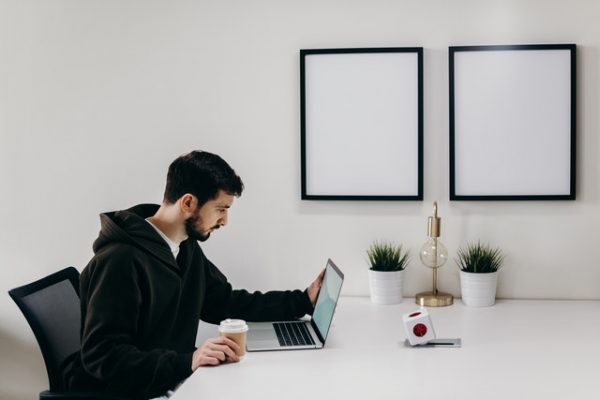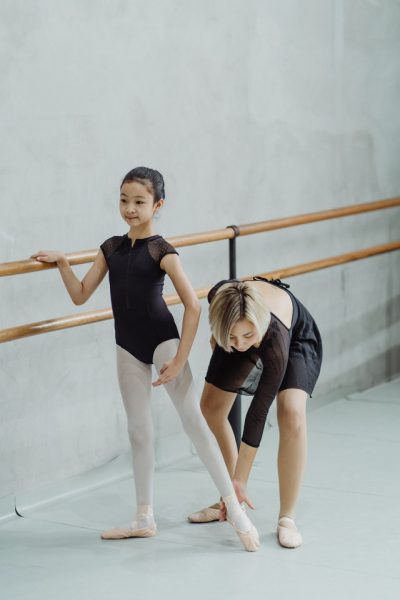LEGO, the iconic Danish toy company, has transcended its role as a mere plaything to become a powerful tool for learning and development. Central to this transformation is the LEGO Serious Play (LSP) methodology, which harnesses the innate creativity of individuals to tackle complex challenges in various domains, including business, education, and personal development. However, becoming a LEGO facilitator entails more than just building with bricks; it requires a deep understanding of the methodology, effective facilitation skills, and a commitment to fostering creativity and collaboration. In this guide, we will explore in detail what you can expect from LEGO facilitator training, offering insights into the process, curriculum, and potential outcomes.
1. Introduction to LEGO Serious Play:
LEGO Serious Play (LSP) emerged in the late 1990s as a facilitated methodology aimed at enhancing creativity and problem-solving in business settings. Over time, it has evolved into a versatile tool used across diverse fields, including education, therapy, team building, and strategy development. Facilitator training typically commences with an exploration of the origins and principles of LSP, emphasising its distinctive approach to communication and decision-making through hands-on, visual expression.
2. Understanding the Role of a Facilitator:
In the context of LEGO Serious Play, facilitators serve as guides rather than instructors, steering participants through structured activities designed to unlock insights and foster collaboration. Unlike traditional educators, facilitators refrain from imposing solutions or expertise but instead create a supportive environment for exploration and dialogue. Through active listening and skillful questioning, facilitators empower participants to articulate their thoughts and ideas using LEGO bricks as a medium of expression.
3. Mastering the Methodology:
A central focus of LEGO facilitator training lies in mastering the core concepts and techniques of the LSP methodology. This encompasses learning how to design and facilitate workshops that effectively leverage the power of play and storytelling to address complex challenges. Participants delve into the role of metaphor and symbolism in communication, as well as the principles of emergent design, where insights emerge organically through the process of building and sharing models.
4. Practical Application:
To reinforce learning, training sessions incorporate ample opportunities for participants to practice their facilitation skills in a supportive environment. Through role-playing and simulation exercises, participants gain hands-on experience in leading LSP workshops and managing group dynamics. These practical sessions enable facilitators-in-training to receive constructive feedback from peers and instructors, refining their approach and bolstering their confidence in their abilities.
5. Building Facilitation Skills:
Effective facilitation transcends mastering the methodology; it encompasses honing essential interpersonal skills such as active listening, empathy, and facilitative leadership. Training programmes provide guidance on creating inclusive environments where all voices are heard and respected, fostering a culture of openness and collaboration conducive to creative exploration.
6. Customisation and Adaptation:
While LSP offers a structured framework, effective facilitators recognise the importance of customisation to meet the unique needs of each workshop or group. Training equips facilitators with strategies for adapting activities and exercises to different contexts, audiences, and objectives. Whether facilitating a team-building retreat or a strategic planning session, facilitators learn to tailor their approach to maximise engagement and relevance.
7. Community and Support:
Becoming a LEGO facilitator entails more than acquiring skills; it involves joining a vibrant community of like-minded practitioners. Training programmes foster connections through online forums, peer support networks, and alumni communities, providing opportunities for ongoing learning, knowledge sharing, and collaboration that enrich the facilitator’s journey beyond the training room.
8. Certification Process:
For those seeking formal recognition of their facilitation skills, certification programmes offer a pathway to accreditation as a LEGO Serious Play facilitator. Certification typically entails completing training requirements, demonstrating proficiency in facilitating workshops, and adhering to ethical guidelines. While certification is optional, it can enhance credibility and open up opportunities for professional growth and collaboration.
9. Continued Professional Development:
The learning journey does not conclude with certification; it represents an ongoing process of growth and development. LEGO facilitators are encouraged to engage in continued professional development to stay abreast of emerging trends, deepen their expertise, and expand their toolkit of facilitation techniques. This may involve attending advanced training courses, participating in conferences and workshops, or pursuing further education in related fields.
10. Potential Outcomes:
The ultimate goal of LEGO facilitator training is to empower participants to facilitate engaging and impactful workshops that drive positive outcomes. These outcomes may include improved team cohesion and communication, enhanced problem-solving and innovation, and greater alignment and commitment to shared goals. By harnessing the power of play and creativity, LEGO facilitators can unlock hidden potential and inspire positive change in individuals and organisations alike.
In conclusion, LEGO facilitator training offers a comprehensive learning experience that equips participants with the knowledge, skills, and confidence to facilitate engaging and impactful workshops using the LEGO Serious Play methodology. Whether you’re a teacher, business professional, or consultant, becoming a LEGO facilitator opens up a world of possibilities for unlocking creativity, fostering collaboration, and driving positive change.




